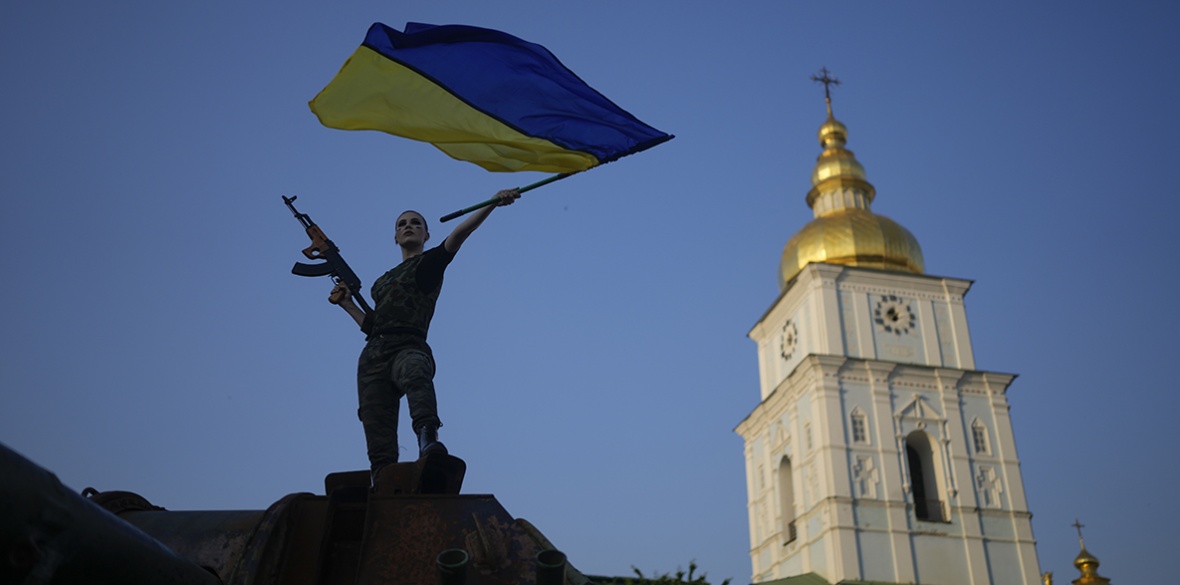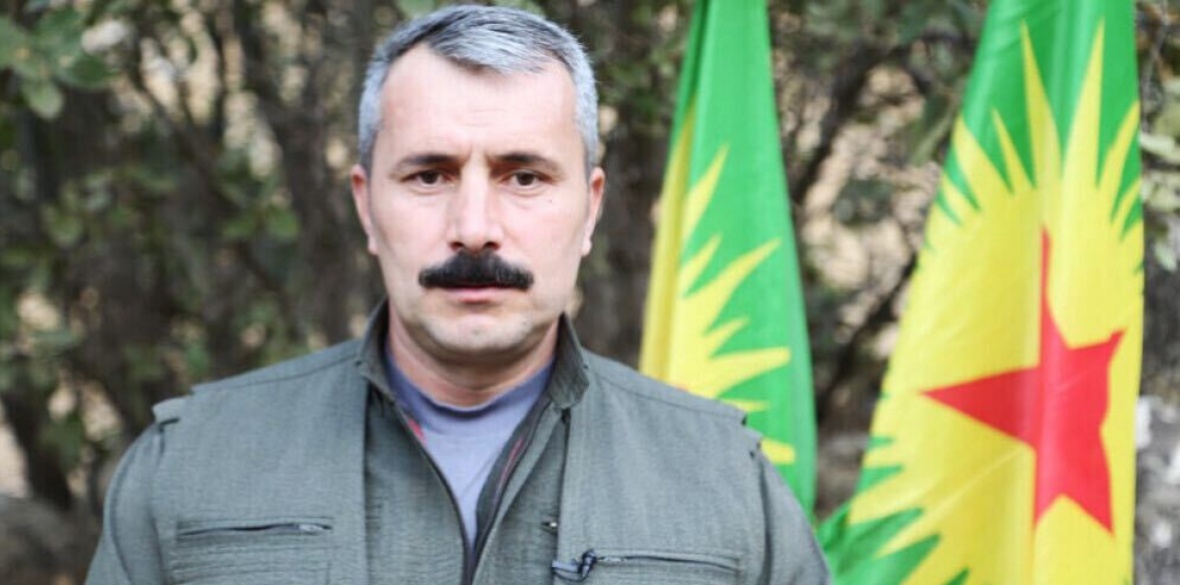MSNBC outpaced both its cable counterparts and broadcast channels with the most amount of coverage
WRITTEN BY CHLOE SIMON
RESEARCH CONTRIBUTIONS FROM ROB SAVILLO
PUBLISHED
Cable and broadcast news spent only 49 minutes in over six months covering the Starbucks’ workers ongoing union efforts, which has resulted in over 100 stores voting yes for unionization.
On December 9, 2021, a majority of employees at a Starbucks store in Buffalo, New York, voted to unionize as Starbucks management tried to halt the National Labor Relations Board (NLRB) from counting the votes. Since then, at least 211 Starbucks stores across the country have begun the process of unionizing, and to date, 119 stores have voted to form a union. Starbucks corporate management, led by notorious union buster and CEO Howard Schultz, has been a major obstacle to formation of unions. Since the initial Buffalo store unionization, Starbucks has fired workers with ties to union efforts, and managers have reportedly threatened transgender employees that their health care benefits could end if they unionize. The NLRB has filed multiple complaints against Starbucks in 2022 for retaliation against employees trying to unionize as well as for threats and increased surveillance in stores with union activity.
Even though the Starbucks unionization push is currently one of the biggest in the country, cable news channels, which run on a 24-hour model, have paid minimal attention to the story, resulting in only 38 total minutes of coverage between December 9, 2021, and June 22, 2022. MSNBC spent the most amount of time and had the highest number of segments on the story, providing over 21 minutes of coverage across 10 segments, while CNN had almost 6 minutes of coverage across 6 segments. Though Fox News also had just 5 segments on the story, its coverage total almost 11 minutes and often portrayed unions and employees' efforts in a negative light.
Broadcast news, which airs just in the morning and evening (and in PBS’ case, just in the evenings), also had limited coverage on the Starbucks unions, totaling only 11 minutes. ABC, PBS, and NBC all devoted under 3 segments – and less than 3 minutes each – to the story. CBS fared a little better, airing 9 segments for almost 6 minutes of coverage.
Among all segments counted on all channels, Starbucks workers were quoted only 38% of the time. Many segments focused on just one or two particular stores unionizing and failed to contextualize it within the larger effort or add important details like corporate retaliation against workers.
Fox’s coverage was predictably the most anti-union. The day after the first successful union drive at the Buffalo store, Fox News anchor Neil Cavuto praised Starbucks for giving a “wide range of benefits” and higher salaries despite employees in certain locations stating they are not paid enough to afford their rent. In a correspondent segment on Your World with Neil Cavuto discussing both recent Amazon and Starbucks unionization drives, reporter Jeff Flock incorporated Heritage Foundation’s Rachel Greszler complaining that “increased unionization will be bad news for consumers that are already struggling with the record inflation.”
Due to workers of big companies like Amazon and Starbucks pushing for unionization and thousands of employees striking to protest for better conditions and wages, 2021 was deemed by some as the “year of the worker.” This year has continued that trend with the NLRB reporting that from October 1, 2021, to March 31, 2022, there has been a 57% increase in union petitions. Cable news has often failed to meet the challenge of providing ample coverage on these historic labor period. Media Matters previously found that “cable news failed to cover the full scope of strikes across America in 2021, with the vast majority of strikes left unmentioned and most discussion concentrated in a one-month span.” CNN and Fox News both dropped the ball when it came to the Amazon warehouse workers vote in Staten Island, New York; CNN only covered it for 5 minutes in 1 segment on a 6 a.m. Sunday morning show, while Fox covered it for 10 minutes across 5 segments “but the vast majority of it was correspondent reports about a statement of disappointment from Amazon’s management, rather than quotes or discussion of the workers’ demands.”
Methodology
Media Matters searched transcripts in the SnapStream video database for all original programming on CNN, Fox News Channel, and MSNBC and all original episodes of ABC’s Good Morning America, World News Tonight, and This Week; CBS' Mornings, Evening News, Face the Nation, CBS Morning News, and CBS Saturday Morning Show; NBC’s Today, Nightly News, and Meet the Press; and PBS’ NewsHour for the term “Starbucks” within close proximity to the term “worker” or any variations of any of the terms “union,” “labor,” or “organize” from December 9, 2021, through June 22, 2022.
We timed segments, which we defined as instances when Starbucks unionization efforts were the stated topic of discussion or when we found significant discussion of Starbucks unionization efforts. We defined significant discussion as instances when two or more speakers in a multitopic segment discussed the unionization efforts with one another.
We did not include passing mentions, which we defined as instances when a single speaker mentioned the unionization efforts without another speaker engaging with the comment, or teasers, which we defined as instances when the anchor or host promoted a segment about the unionization efforts scheduled to air later in the broadcast. For multitopic segments, we timed only the relevant speech. We rounded all times to the nearest minute.
We then reviewed all segments and articles in their entirety for whether any speaker quoted or paraphrased labor organizers or strikers or quoted or paraphrased management or company spokespersons.










